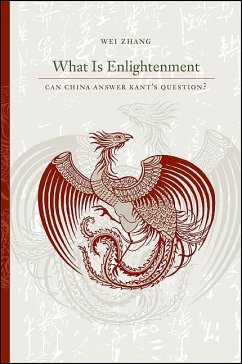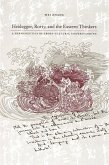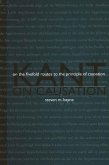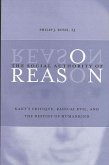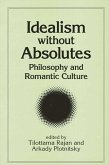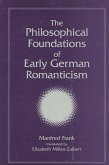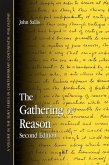What is enlightenment? Wei Zhang brings together the fabled consideration of enlightenment by Kant, his contemporaries, and modern respondents such as Habermas and Foucault with the question "What is Chinese enlightenment?" Kant and his peers began a discussion of the notion of enlightenment in the pages of the Berlinische Monatsschrift when that newspaper's editor posed the question "Was ist Aufklärung?" in 1784. Chinese intellectuals began a similar consideration in the wake of the May Fourth cultural movement of 1919, which marked a self-conscious break from the feudal past and a new engagement with the West.
Zhang asks to what extent European enlightenment can be regarded as purely philosophical and isolated from political events and, alternately, to what extent the Chinese enlightenment can be split into separate political and intellectual discourses. Her work yields a new set of conceptual questions and practical issues and provides new energy to the dialogue on political and cultural modernity. In cross-cultural context, Zhang finds the answers to the question "What is enlightenment?" are multiple, pluralistic, dynamic, and self-renewing.
Zhang asks to what extent European enlightenment can be regarded as purely philosophical and isolated from political events and, alternately, to what extent the Chinese enlightenment can be split into separate political and intellectual discourses. Her work yields a new set of conceptual questions and practical issues and provides new energy to the dialogue on political and cultural modernity. In cross-cultural context, Zhang finds the answers to the question "What is enlightenment?" are multiple, pluralistic, dynamic, and self-renewing.
Dieser Download kann aus rechtlichen Gründen nur mit Rechnungsadresse in A, D ausgeliefert werden.

